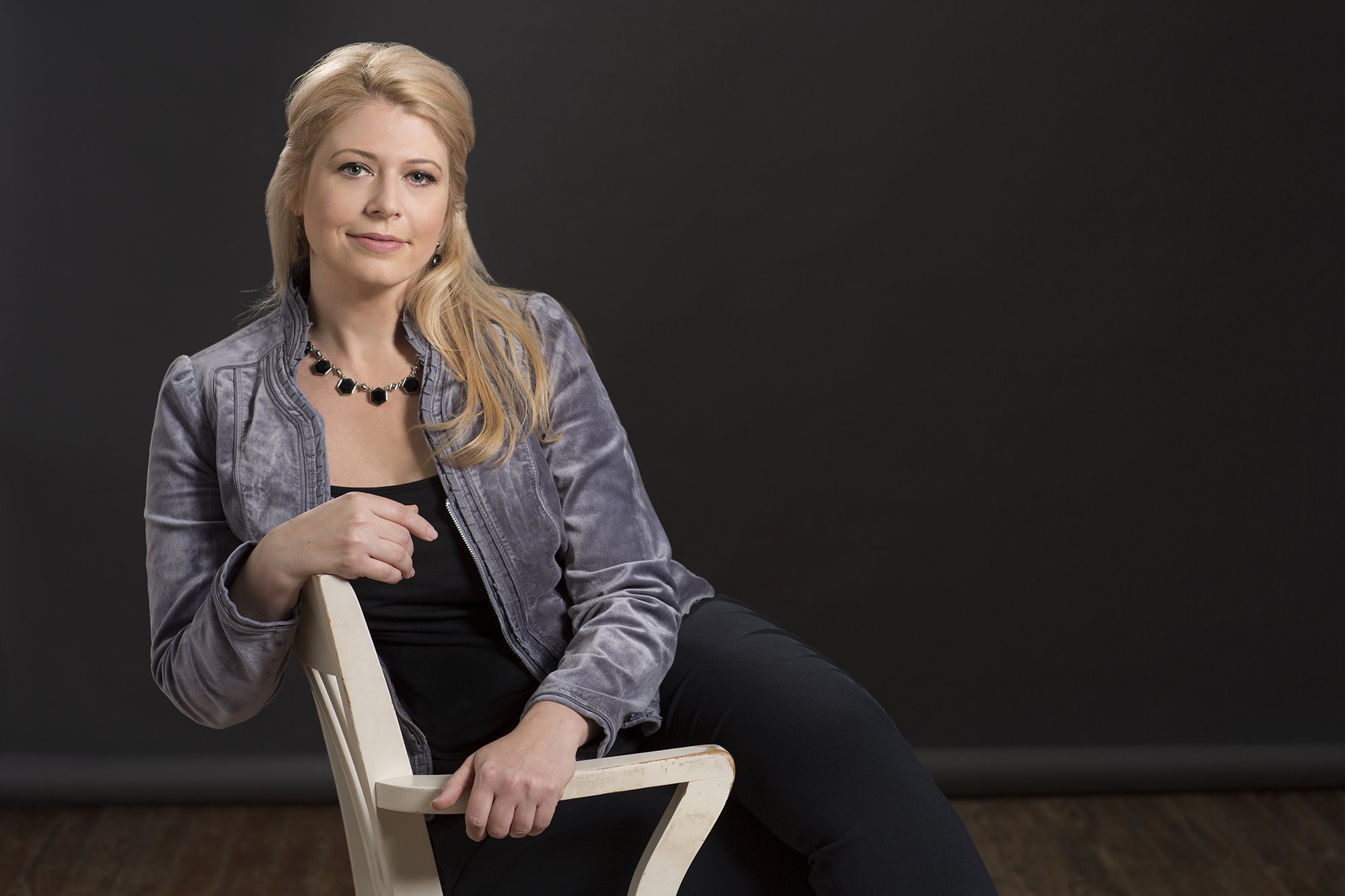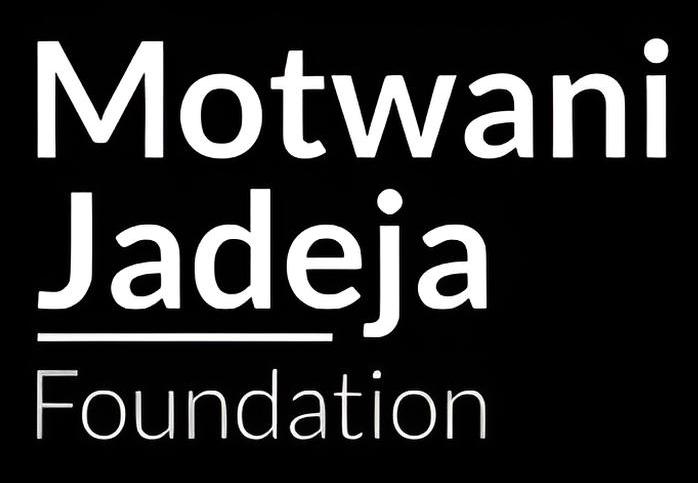Crisis centers in this country are something that should be held close to our hearts. There are volunteers and staff working 24/7 to make sure that different areas of emergency situations can be handled with the most effective solutions. While Bristol is a city that borders Tennessee and Virginia, the crisis center located on the Virginia side of the city has been keeping tabs on individuals that are not only victim to circumstance but also those that are in need of special types of help. In this essay I will examine the multiple layers of the Crisis Center located in Virginia, while also discussing the heavy need for such facilities focusing on why they have been established in addition to what they are currently focusing on in the Appalachia community.
Della McGuire is the Program Director at the Bristol Crisis Center. Her areas of expertise range from sexual assault and domestic violence, to victims advocacy on certain judicial hearings. While her knowledge also ranges from sexual education even to protecting elderly folks with their “Just Checking” program that I will discuss later in the paper. The mission statement can easily be found on their website and they are not too difficult to get into contact with unless McGuire is driving all over Virginia to the Prison Rape Elimination Act summit or working heavily on the national crime victims rights week award proposal, depending on when and where they are located—she stays quite busy. At the Crisis Center their mission statement is: “Offer the communities we serve education, advocacy and intervention allowing individuals to find positive solutions for personal crises. Through support, hope and education we strive to restore emotional balance to both individuals and the communities in which they live.” This declaration is easily laid out in their foundation and can be seen in the work that they do in the community.
“Rooted in respect, justice, hope, and the inherent worth of every individual, the Crisis Center partners with people to afford them a safe space to be heard, supported, and believed in an effort to inspire healing and promote positive change for both the individual and the community as a whole” is the vision statement at the Bristol Crisis Center. Without this type of vision declaration in context to what the both the mission and vision statement wish to achieve, there would be no goals for the organization and therefore it would crumble under chaos. Yet, there are many more aspects of these ideals than just keeping the Crisis Center afloat—it is to ultimately help others, and without such a vision the Crisis Center in Bristol would not have their arms stretched out wide for different issues such as sexual assault, suicide, domestic violence, stalking, etc.– each focus area having special professionals or trained volunteers that know how to handle certain situations. Appalachian youth residents founded this particular non-profit crisis center in 1973 whenever drugs were a heavy problem in the United States, particularly in the Appalachian area. The idea was to have a hotline that anyone could call to talk about their substance abuse issues. Whenever the group of High School and college kids got together to form this hotline, they were all volunteers just trying to make a better society. Since then the Crisis Center has evolved in to many more aspects than just substance abuse problems.
There is a need for these centers in the community, especially Appalachia, not because of the high abuse issues but more so for the sake of victims and those that wish to seek help in times of adversity. The Crisis Center is that basis for some people, giving them the knowledge that they need to improve, and not only this but also a support group that is completely ungrudging and wishes only to see those with any type of hardship succeed.
Speaking with Della McGuire I learned a lot about her activism in the community. Currently she is serving as a victim advocate on a trial. Most of these women are or were incarcerated. McGuire spoke of one time in particular that a woman had entered a halfway house (a center for helping former drug addicts, prisoners, psychiatric patients, or others to adjust to life in general society) and upon her arrival told her that they would “not be able to protect her”, because she “will definitely become someone’s bitch”. After being told this she then entered into a physically and mentally abusive relationship, and was raped as a result. There are eyewitnesses to her account, yet she is being trialed. They asked the woman if she had “ever lied about a sexual assault in the past”. This is horrifying not only on a premisis of victim-blaming to the extreme, but do judges ever ask rapists if they have raped before? We are more concerned with a “lying” victim. “This is why no one comes forward,” says McGuire, “It’s a horrible issue among society.”
Feminist theory is important (not only) whenever it focuses on the type of work that women do in society and not only this but show the issues that are considered to be societal norms. It is “normal”, in a sense to blame victims in this day and age instead of blaming rapists. Regardless that we are all now known as the “Second Sex” as Simone DeBeauvoir defines it. DeBeauvoir says in a nutshell that the woman recognizes how the world is essentially masculine, those who have “fashioned it, ruled it, and still dominate it today are men”. When applying feminist theory there is also a mode of practicing it “correctly”, the reason it is in quotes is because is there a right way? Well the feminist answer is no, but whenever one applies feminist thoughts and theory to their workload or ethics then there seems to be much more of a basis to be grounded in the everyday tasks of life and work.
The Crisis Center in Bristol, while having different aspects of crisis coming into the clinic everyday, it is definitely practicing what it preaches. Yet, while having crisis centers through out the country, most people do not utilize them effectively for the benefit of their mentality or even physical well-being. That being said, when walking into the Crisis Center there is no charm that permeates through the doctor like environment. It has brochures scattered all over the left side of the wall, just as if you were going into a Tennessee Visiting Center, and has brochures that are outdated—while I know that looks are not everything, I was not a victim coming into the center, just an onlooker, and that is not to say that they do not have informed employees. The point of a brochure is to have someone go through it with you. If you pick up one about Crisis Pregnancy Centers, there needs to be a discussion on what they are, otherwise it is confusing.
Della McGuire has a lot of her hands not just being the head of the Crisis Center in Bristol but also with how much travelling, and other work she has to do aside from the Crisis Center. It is all cohesive and has the same goals or purpose to make the Center an even more consistent structure and mentality. There are volunteers that work there as well as hired members, some of the volunteers once sought out the Crisis Center in hopes to find peace, and not only did they—but they are now advocating others to have the same peace of mind. Even the “Just Checking” program is an example. Making sure that older loved-ones are being taken care of, taking their medication and even eating. This is just a simple call to check up on someone in need of help, and not only does it give the patient a feeling of completeness (in a sense that they feel as if someone cares about them), but also their families and even those who are a part of the staff at the Crisis Center in Virginia. The walls of the Crisis Center in Virginia may be starting to fade and crumble a little bit since it first appeared in the 1970s, but it is not what is on the outside or inside of a building—it is the people who work for it and those who are passionate about seeing a healthier Tennessee. Not only in suicide rates, or elderly assistance, but those who have been abused physically, mentally or by the system of oppression that seems to have a grasp on us all.
The Bristol Crisis Center in Virginia is not here for them, it is here for us and we need to utilize it in the best ways. Without this center hundreds of battered women, elderly folks, and suicidal youth would have nowhere to turn for guidance. We must not only keep up these facilities for our sake, but for the sake of the future.


































